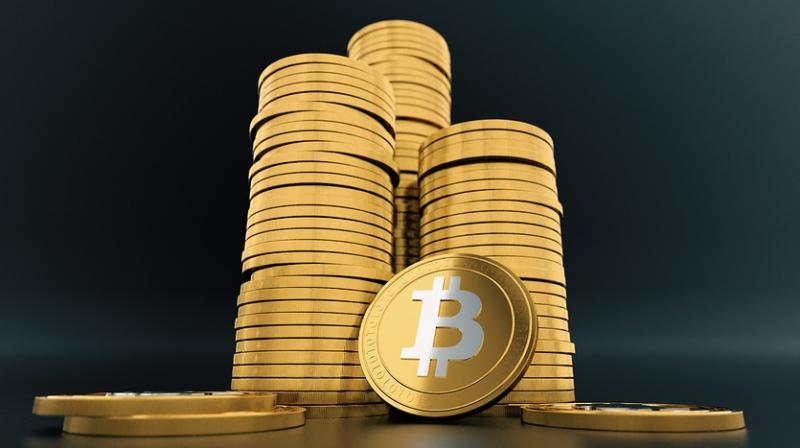US investor sues AT&T for $224 million over loss of cryptocurrency
AT&T is accused of fraud and gross negligence in connection with the theft of digital currency tokens from his personal account.

US entrepreneur and cryptocurrency investor Michael Terpin filed a $224 million lawsuit on August 15 against telecommunications company AT&T, accusing it of fraud and gross negligence in connection with the theft of digital currency tokens from his personal account.
In a 69-page complaint filed with the US District Court in Los Angeles, Terpin alleged that on January 7, 2018, the tokens were stolen from him through what he alleged was a “digital identity theft” of his cellphone account. In the complaint, he said AT&T was his service provider.
In an emailed response, an AT&T spokesman said: “We dispute these allegations and look forward to presenting our case in court.”
At the time of the theft, the three million stolen tokens were worth $23.8 million, the complaint said. Terpin is also seeking $200 million in punitive damages.
The complaint said that AT&T had been previously contacted by law enforcement authorities about such frauds.
Cryptocurrencies have a market capitalization of about $200 billion, according to data from virtual coin tracker coinmarketcap.com. Nine years after bitcoin came into existence, the market has seen the emergence of more than 1,800 digital currencies.
Terpin, represented by Los Angeles litigation firm Greenberg Glusker, claimed in the lawsuit that after the theft of the digital currency, his cellphone account was transferred to an international criminal gang.
Terpin co-founded the first angel group for bitcoin investors, BitAngels, in early 2013, and the first digital currency fund, the BitAngels/Dapps Fund, in March 2014. He is a senior advisor to Alphabit Fund, one of the world’s largest digital currency hedge funds.
The complaint claimed that the theft of the tokens occurred through what is called a SIM swap fraud. SIM stands for subscriber identification module, and SIM cards are used to authenticate subscribers on mobile phones.
SIM swapping consists of tricking a provider into transferring a subscriber’s phone number to a SIM card controlled by someone else. Once that person gets the phone number, it can be used to reset the subscriber’s passwords and access online accounts.
Click on Deccan Chronicle Technology and Science for the latest news and reviews. Follow us on Facebook, Twitter.

